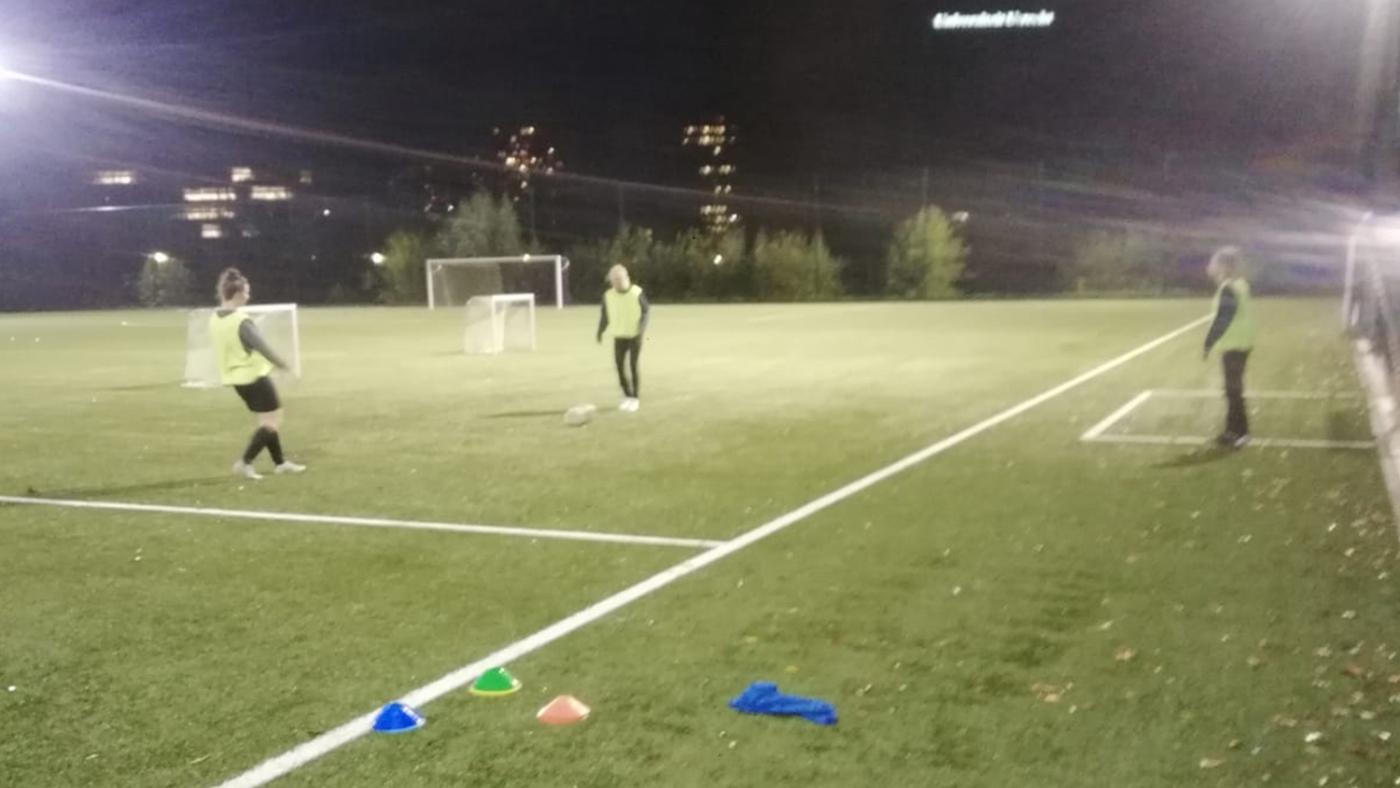'Time to protest'
Students stand up for student sports

The announcement that sports will become more expensive for university students and staff came as a surprise. The association of Dutch universities, UNL, warns that a sports pass could cost 500 euros a year after the Ministry of Education has ‘clarified’ the financial rules for higher education. According to these rules, educational institutions are only allowed to spend money on education, research and the dissemination of knowledge. Therefore, they can't spend money on sports, culture, canteens, etc.
120,000 members
‘This is a disaster, to put it mildly,’ says Luuk Minnaar, chair of Studentensport Nederland, the organisation that represents the interests of student athletes in the Netherlands. According to him, about 120,000 students from three higher education levels (secondary vocational education, higher professional education and university education) and 400 student sports clubs use the facilities provided by student sports centres.
Sport has a long tradition in higher education, so much so that many of the clubs have been around for decades. Some rowing clubs even date back to the nineteenth century. Minnaar notes that sports centres allow students to try out several different sports modalities, such as tennis, kickboxing, dodgeball, or climbing. 'You arrive in a new city, what are you going to do? That's when many students discover a sport that they will keep practising for the rest of their lives.’
He fears a vicious circle in which fewer students will practice sports because it is too expensive, which will then cause prices to rise further. Minnaar underscores the many benefits of sports, such as lower healthcare costs. ‘According to researchers, the social benefits are 2.76 times higher than the costs,’ he argues. Moreover, sports allow students to make friends and grow, and those who join committees and boards gain useful management experience.
Tough action
The National Student Union (LSVb) believes it is ‘time for tough action’ as the government is now putting students' health under pressure, says its chair, Abdelkader Karbache. “Students are being bullied by the coalition once again.” Many students have turned to LSVb to voice their concerns following the government's announcement, so he doesn't think it will take much effort to mobilise students around this cause.
‘We could row in Hofvijver, in The Hague, or stand outside the ministry with vuvuzelas,’ he says, when asked to mention examples of 'tough' protests. ‘But hopefully the House of Representatives will block the plan. We'll wait and see.’ Karbache predicts that municipalities will also face problems as a result of the policy. For example, where would students go to keep practising sports? Municipalities often support local sports clubs, but what will be left of that if they also have to take on student sports?
Motion
Karbache has a point. Municipal councils have been agitated, according to the Member of Parliament Luc Stultiens, from the left-wing party GroenLinks-PvdA. Factions of his party in cities like Rotterdam, Nijmegen, Groningen, Wageningen and Tilburg have asked municipal administrators what is going to happen in this regard, and whether they want to raise the alarm at the national level.
‘Not everyone is aware of what this entails yet,’ Stultiens fears. He will soon submit a motion to try to change the government's mind and is confident that a majority will support him. ’This new policy doesn't solve any problems. Everyone in Parliament recognises the importance of student welfare and sport. This is valued by left-wing and right-wing politicians alike.'
Lobby
Student organisations are doing their best to talk to political parties about the matter. ‘This is a serious blow to student sports clubs,’ says Mylou Miché, chair of ISO, the national student association. According to her, the policy is already causing damage as investments in sports facilities are being put on hold. She hopes that the House of Representatives will quickly call the minister to order. ‘We should give student sports an exceptional status. Sports should not be lost because the rules are suddenly being interpreted differently.’
State Advocate
The Minister of Education, Eppo Bruins, is sticking to his position for the time being. He says he wants to ‘guard the boundaries of public funding’ and prevent market disruption. He notes that the decision has been based on advice from the state attorney.
However, the advice states that an exception is possible for matters in the public interest. The document mentions that local authorities have applied this exception ‘to enable sports facilities to be offered, in some cases below cost price.' And then says: ‘The Policy Rule does not provide for such an exception, but it is conceivable.’
Earlier this week, the director of the Olympos sports centre in Utrecht said on LinkedIn that the argument of market disruption by student athletes is nonsensical.